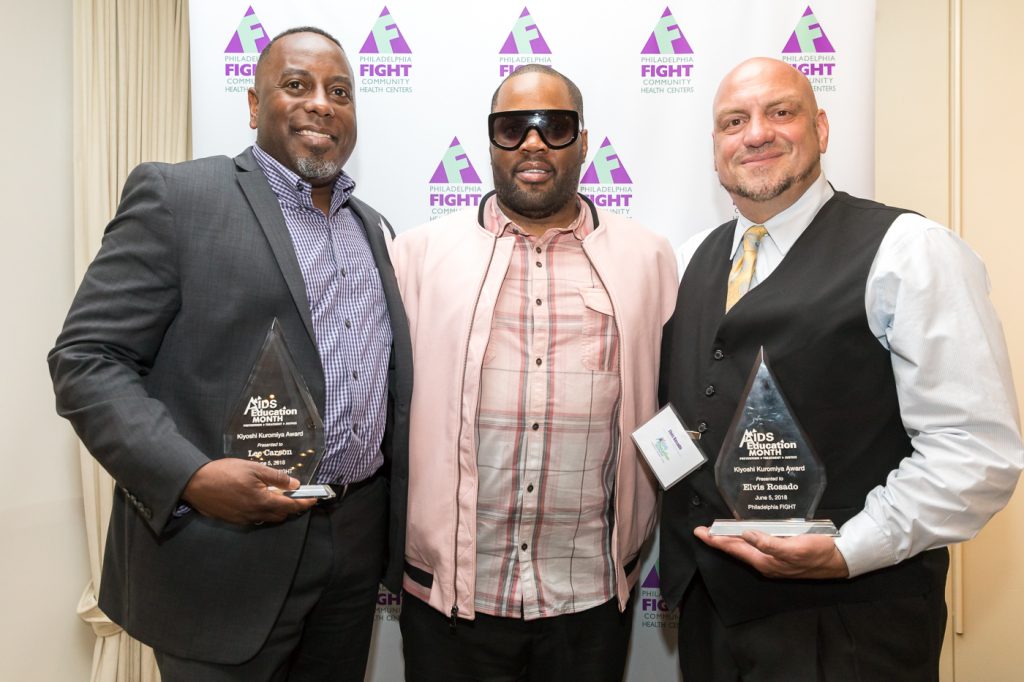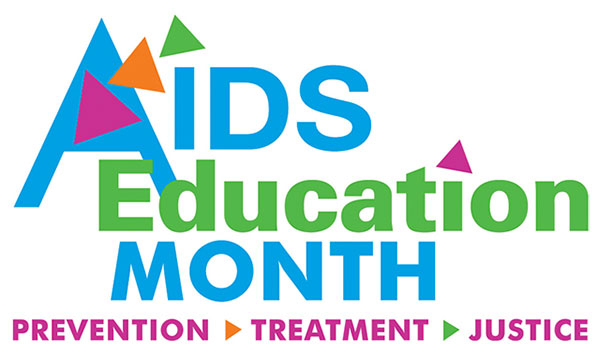Workshop Submission Guidelines and Form [PDF]
- The absolute deadline for submissions is Friday, March 6th, 2020 at 5:00 PM.
- We WILL NOT accept workshops after this deadline.
- ALL submissions must be received electronically through the Community Health Training Alliance (CHTA)website.
- ONLY COMPLETED submissions will be considered.
- Submissions may either be presentations or panels.
- We encourage interaction and group participation.
- All speakers and panelists must be contacted by the submitter and fully committed to being part of the Summit by the date of submission; all submissions must have all presenter information completed.
- Unfortunately, not all workshops will be voted through to the summit.
- The Planning Committee will vote on submissions during the month of March and April.
What we are looking for in a successful workshop submission:
- New and original methods around doing prevention and outreach in one or more targeted communities. (i.e. If you are doing a new intervention and/or program that can be replicated)
- Review of relevant research as it relates to your topic. (i.e. If you are discussing research on PrEP, your workshop should include information on local and/or national research to put your topic into context)
- Inclusion of relevant statistics around the population or topic that you are discussing.
- Activities! We encourage your workshop to be interactive.
- Take away materials or information. Your workshop should have specific measures that will be learned and information that will be useful to those wanting to get involved or start their own project based on your presentation.
- Presentations created by People Living with HIV/AIDS (PLWHA) and workshops that amplify the voices of PLWHA.
- Presentations that address how systems of oppression and structural racism impact the epidemic. These are the complex, and intersecting social structures and economic systems that are responsible for most health inequities, and injustices. These social structures and economic systems include social environment (race, class, and gender), physical environment, health services, and structural and societal factors. We highly encourage you to examine and address how systems of oppression and structural racism impact the epidemic in your workshop.
What to avoid when submitting:
Please read carefully as we will not accept workshops that include the following.
- A review of your organization’s services or part of its services. This may be a part of the presentation but must have additional context as it relates to the epidemic locally, nationally, or in relation to recent research or a specific prevention strategy.
- A program that cannot be replicated: It’s great if you have a wonderful program, but the audience is interested in how that program can be applied or used to further the prevention and outreach work they may be doing.
- Academic or scientific language. This conference welcomes attendees with varying levels of literacy and academic backgrounds, who are interested in the practical application of the information you are presenting. Any discussion of research or theories must be done in laymen’s terms.
Please Note: Workshops must be open to all people who attend the summit; we cannot restrict attendance to any workshop. Additionally, please be aware that all conference-goers may come in late or leave a workshop early based on their needs. Workshops cannot be closed to attendees at any time.



